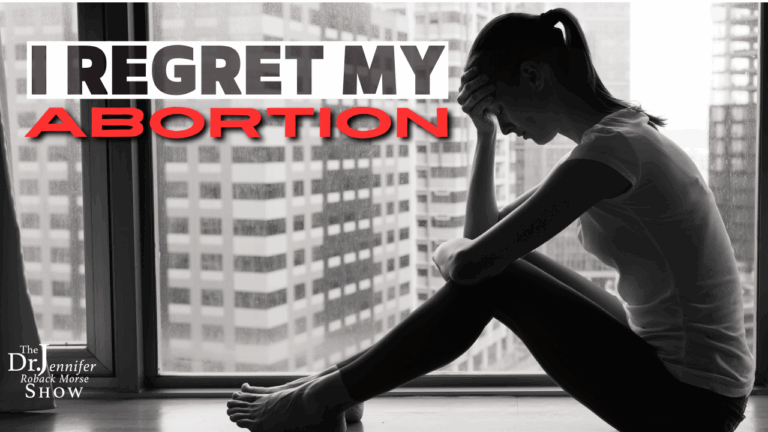A US judge granted political asylum to a German homeschooling family that is in danger of losing their children to the state.
Immigration Judge Lawrence O. Burman, of Memphis, Tennessee, said: “We can’t expect every country to follow our constitution. The world might be a better place if it did. However, the rights being violated here are basic human rights that no country has a right to violate.” He observed: “Homeschoolers are a particular social group that the German government is trying to suppress. This family has a well-founded fear of persecution… therefore, they are eligible for asylum…”
Author Gerald Warner comments:
Those last remarks might have been uttered in 1933. Do we truly realise the significance of what has happened? Do we understand that, as citizens of the European Union, we now belong to a totalitarian state from which fleeing citizens are being granted political asylum in the United States? Twenty years after the fall of the Berlin Wall, tyranny is back in business in Germany.
Judge Burman added that the scariest thing about this case was the motivation of the German government. He said that, rather than being concerned with the welfare of the children, it was trying to stamp out parallel societies. Making his court order, the judge voiced concern that, although Germany was a democratic country and an ally, the policy of persecuting homeschoolers was “repellent to everything we believe as Americans”.
That offers a useful insight into how Americans, living in a free country, view the creeping totalitarianism that has engulfed Europe. For this is not just a German issue: we are all helots under state control. Why did the German homeschoolers not seek political asylum in Britain? Because our rulers subscribe to the same tyrannical statist philosophy, is the answer. Every possible obstacle is put in the way of homeschooling parents in Britain.
The mentality is that the state – not parents – is the natural controller and shaper of children’s lives and beliefs. When a schoolgirl can be given an abortion without her parents’ knowledge, we know that, while public utilities may have been privatised, children have been nationalised.
I might add that the competition for children is so fierce precisely because there are so few of them. The vast state bureaucracies are managed by child-less or one-child technocrats with no time for children of their own. Their best, and maybe only, hope for influencing the future of society is to get a grip on other people’s children.



